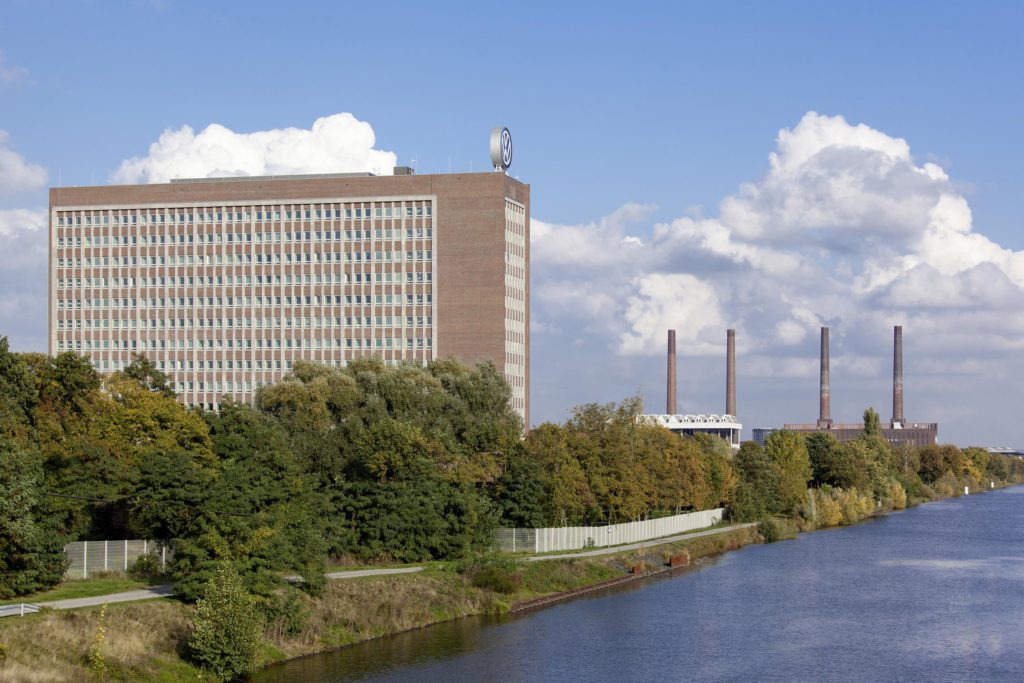VW to reorganise production facilities for its EV push
22 November 2017

21 November 2017
Volkswagen (VW) Group is to reorganise production at its German factories to allow the company to achieve its goals of transforming itself into a leading force in electric vehicles (EVs).
By the end of 2022, the company plans to spend more than €34 billion for the development of electric mobility, autonomous driving, new mobility services and digitalisation. Production of electric cars under its Roadmap E plan for European markets will largely be focused at VW’s factory in Zwickau, Germany. The factory will build EVs based on VW’s MEB electric-car platform after a €1 billion investment.
For the launch of Europe’s first series production of electric vehicles on the VW MEB platform, the Zwickau site will be remodelled into a pure-play e-mobility plant. This will lay a key foundation for the electrification and hybridisation of the Group’s product portfolio. Other location decisions at the individual brands will be made as the Roadmap E is rolled out further. From the end of 2018, production of other vehicles based at Zwickau will be moved, the entire Passat family will be concentrated at the Emden site and the VW Golf family will be bundled in Wolfsburg from the next vehicle generation onward.
Production will start with the VW brand’s I.D. electric car range in 2019 with the first I.D. vehicle, a Golf-sized hatchback, launching on the market in 2020. The plant will also build battery-powered models for sister brands Audi, Seat and Skoda. In 2020, the production volume will be about 100,000 vehicles. Any vehicles for the Chinese market will be produced locally, the company said.
′With the planning round now approved, we are laying the foundation for making Volkswagen the world’s number one player in electric mobility by 2025,′ said Matthias MÜller, CEO of Volkswagen, after the company’s regular Supervisory Board meeting. ″šWe are reinventing the car. We are making targeted investments in digitalization, autonomous driving, electric mobility and new mobility services by providing the necessary funds from our own resources. We are, however, doing so without side-lining existing technologies and vehicle projects, since this is how we will earn our money for the foreseeable future.
′Given its brands and potential for synergy, I am convinced that the Volkswagen Group will master this balancing act like no other company in our industry.’
At the beginning of September, the Volkswagen Group announced Roadmap E. As a result of this campaign, around one in four new vehicles produced by the Group will be a battery-only electric vehicle. Depending on how the market develops, this could mean up to three million e-cars a year. The Company is planning to electrify its entire model portfolio by 2030 with an investment of up to €70 billion.
Meanwhile, Volkswagen Group’s Skoda brand will build a full-electric vehicle in the Czech Republic as part of plans for an electrified line-up.
The first vehicle in Skoda’s plans will be a plug-in variant of the brand’s Superb model. This will be built at the Kvasiny plant in the Czech Republic, and will launch in 2019, Skoda said in a statement.
In addition to plug-in hybrids, Skoda plans to launch five full-electric cars by 2025. The first EV, built in Mlada Boleslav, will launch in 2020, the brand said.
Photograph courtesy of Volkswagen Group